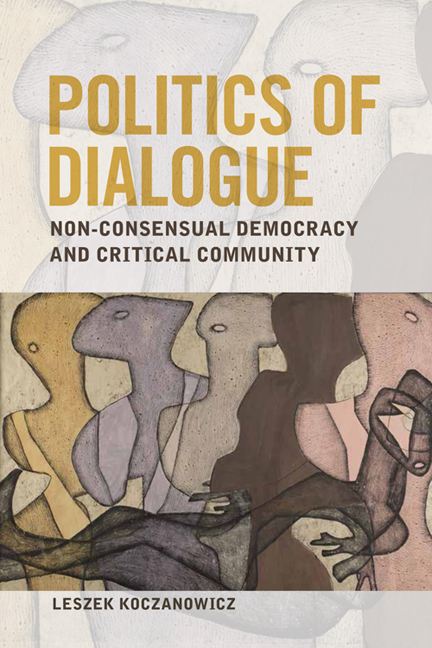Introduction
Published online by Cambridge University Press: 05 August 2016
Summary
The book you are going to read features no biographical details, and yet it is a deeply personal one. Many of its theses have been inspired by my own experience. Of course, a biography can never serve as an ultimate substantiation of an argument, but it always remains a powerful source of inspiration, especially for people who, like myself, have lived through a tectonic social transformation. Slightly hyperbolising perhaps, Fyodor Tyutchev, an outstanding Russian poet, envisaged such an experience as partaking of a feast of gods:
He's blessed who visited this world
In moments of its destination –
Like for the feast or celebration,
He was invited there by gods
In East and Central Europe, my generation's significant experience was that of democracy. Born in the 1950s of the twentieth century, for a long time we had acutely felt its lack, and in the wake of systemic changes we started to feel keenly how taxing that political system might be. Democracy is a unique but still indeterminate project, which keeps being contested and challenged. The democratic project has millions of people invest their hopes and desires in it, and at the same time it is a source of disappointment for the millions, too. While many people still suffer and die for democracy, democratic societies are visibly growing disaffected with, and impatient about, democratic procedures, which increasingly appear tedious and barren. My own life has unfolded in such a way that I could, and still can, witness both stages and try to make sense of their dynamics. My biographical experience inclines me to think of political systems as forms or ways of life. Institutional changes triggered by democracy have gone hand in hand, inextricably intertwined and interdependent, with changes in lifestyles. This has reasserted my conviction that democracy, and politics in general, is something more than just a struggle for power or for one or other system of institutions. It is a form of life, a way in which people organise their experiences and activities across the spectrum of their existence.
- Type
- Chapter
- Information
- Politics of DialogueNon-consensual Democracy and Critical Community, pp. 1 - 5Publisher: Edinburgh University PressPrint publication year: 2014

